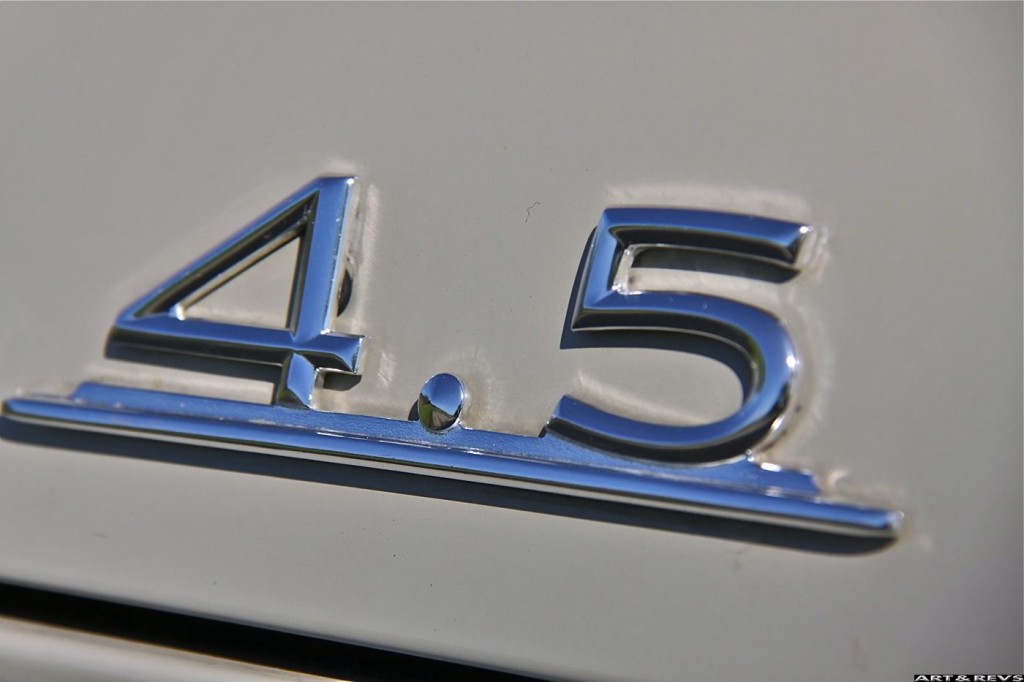By Liban Ahmad
This year the adoption of 4.5 power-sharing system will turn twenty years. Many Somalis hail it as an imperfect but necessary stage in the transition from a fragile state to a country with fully functioning institutions. Without the input of Somalia’s neighbours (Djibouti, Kenya and Ethiopia), the Arab League, EU, the African Union and USA, the transition and post-transition political progress would not have materialised.

The political progress will lose its lustre if injustices from the 4.5 system remain unchallenged. Somalia is the only African country in which reconciliation deprived a segment of the citizenry of their political rights. There is a group of Somali clans lumped into “Others” designation to emphasise their lower political status.
The power-sharing mechanism based on clan fiefdoms has created citizens who belong a territory and enjoy all the privileges that come with it, and a group of citizens standing outside what Leenco Lata, the author of The Horn of Africa as Common Homeland, calls “the economic and physical security community” although they are within “the political, cultural and linguistic community” of the Somali nation-state.
When representatives from Somali clans met at Arta for the Djibouti-sponsored reconciliation conference twenty years ago, the principle to relegate a segment of Somali citizens to a lower political status had guided the talks.
The consequences of the power-sharing mechanism that came to be known as 4.5 got starker when Somalia adopted a federal system that paved the way for the creation of four federal member states namely Jubbaland, South West, Galmudug and Hirshabeelle. Puntland is a pre-federal autonomous administration.
Belonging to a social group with no clan militias was the rationale for imposing a lower political status on Somali minorities. This imposition, institutionalised in 2000, 2004, 2009, 2012 and 2017, may get a new lease of life in 2021. Parts of Somalia once known for diverse communities have become a symbol of political exclusion.
The southern parts of Somalia bore the brunt of the civil war for twelve years after the state collapse in 1991. In agricultural rich areas once inhabited by unarmed communities, warlords had become oppressors. The 4.5 power-sharing arrangement serves to emphasise political inequality of Somali minorities as a fact on the ground. How minorities fare in more stable regions is not dissimilar to what minority social groups experience in regions affected by dispossessions and internal displacement.
Lower Shabelle, Middle Shabelle and Lower Jubba are three regions once known for diverse populations. Those regions have been reorganised to accommodate unreasonable demands of the militarily powerful social groups that enjoy substantive political representation compared to nominal political representation that deepens disadvantages of the politically marginalised Somali minorities. Needless to say, sub-national identities based on federal states have partly evolved from the division of Somalis into four major clans with specific territories, and a group of clans without regions as political stronghold.
The first phase of the civil war moved Somali politics to a sphere of identification with a territory of origin. In this violent context of reconfiguring social relations once premised on citizenship, some Somali social groups have had their right to live peacefully in their land of origin disturbed by vocal, militaristic clan identities in post-1990 Somalia.
At the federal level Somali minority clans collectively have the same number of MPs and Senators as any of the four politically powerful clans. However, federal political representation for minorities does not translate into commensurate economic and political rights.
Somalia is planning to conduct elections next year against backdrop of reduced political and economic rights for its citizens. The plight of Somali minorities has serious implications for the administration of justice and the promotion of social cohesion in a country recovering from state collapse.
The transformation of clan fiefdoms into freewheeling political communities claiming ownership of national infrastructures such as seaports poses the threat that Somali clans might enter into agreements with foreign companies or parastatals, oblivious to the attendant risks in a world system based on national sovereignty.
At the Federal Member State level political marginalisation of minorities result from the already built-in bias in the regional and district administrations that favour people from non-minority clans. A positive discrimination policy in a Federal Member State would take the form of instituting a public sector employment quota for minorities and establishment of an office tasked with protecting the rights of Somali minorities.
To reverse political marginalisation of minorities this essay proposes a positive discrimination policy for members of the alliance of Somali minority clans. The goal is to improve their lot by creating a level playing field and addressing the representation deficit in all national jurisdictions. For the policy to make a difference to lives of target beneficiaries, an independent audit of federal employment opportunities for minorities will have to be conducted. The audit will determine if lack of federal member state ownership precludes minorities from getting their quota of employment in federal institutions.
Somalia should stop turning a blind eye to increasing marginalisation of its citizens who have disproportionately suffered during and after the civil war. Celebrations for the sixtieth anniversary of the Somali Union will ring hollow without commitment to ending political and economic marginalisation of Somali minorities.
Liban Ahmad
Email:[email protected]
We welcome the submission of all articles for possible publication on WardheerNews.com. WardheerNews will only consider articles sent exclusively. Please email your article today . Opinions expressed in this article are those of the author and do not necessarily reflect the views of WardheerNews.
WardheerNew’s tolerance platform is engaging with diversity of opinion, political ideology and self-expression. Tolerance is a necessary ingredient for creativity and civility.Tolerance fuels tenacity and audacity.
WardheerNews waxay tixgelin gaara siinaysaa maqaaladaha sida gaarka ah loogu soo diro ee aan lagu daabicin goobo kale. Maqaalkani wuxuu ka turjumayaa aragtida Qoraaga loomana fasiran karo tan WardheerNews.
Copyright © 2024 WardheerNews, All rights reserved


